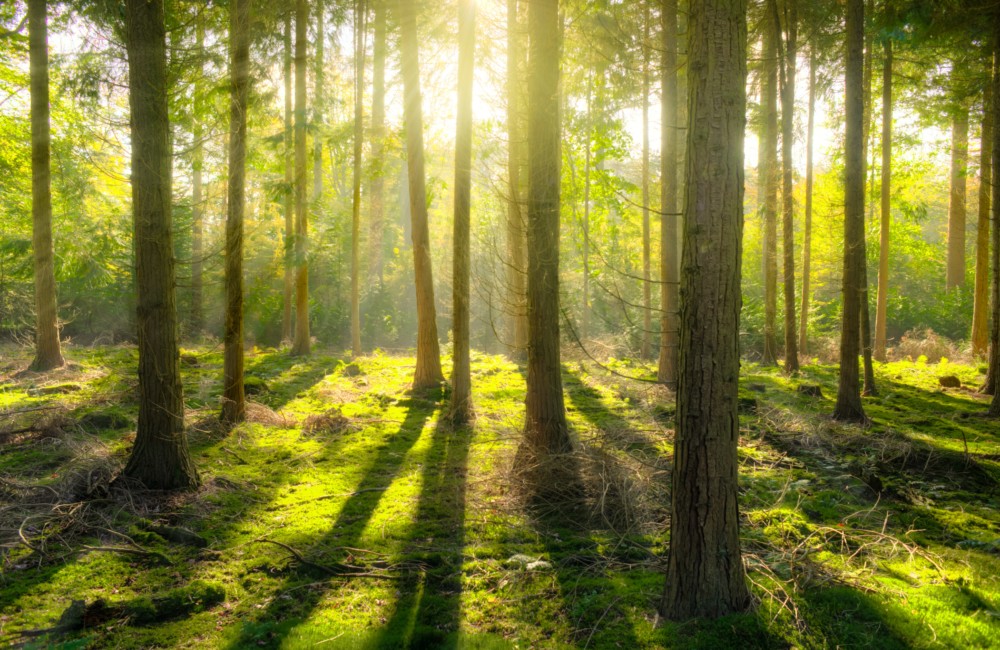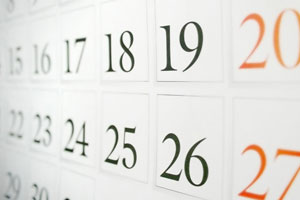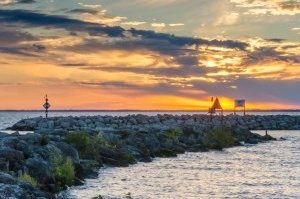Love your Mother (Earth): An Introduction
Human-accelerated climate change is not something to be debated anymore. We have spent far too long making ourselves comfortable with the idea that climate change isn’t real so that we can excuse our personal lifestyles. Since the rise of capitalism and the industrial revolution, humans have been accelerating and changing the natural cycles of Earth’s climate. An article I read, called “Climate Change Is the Product of How Capitalism “Values” Nature” from globalpolicyjournal.com, talked about this issue. John Bellamy Foster, professor of Sociology at University of Oregon, says:
“Today’s planetary ecological crisis is due first and foremost to the increasing scale of the capitalist world economy. The greater the scale of the economy the more it rivals the fundamental biogeochemical cycles of the planet… Capitalism is a grow-or-die system. If accumulation declines, the result is economic crisis. The answer of the system is to boost accumulation. This, however, intensifies global environmental crises as the already visible impact of the economy on the Earth System increases.” Our global and local environment have been put under strain with the demands of capitalism.
With that being said, while the Fox Cities is a beautiful and diverse community, it is unfortunately being affected by climate change. In the face of environmental problems and a changing climate, it is essential for communities to come together for mitigation solutions. Local environmental groups are helping with these solutions and educators and scientists are bringing more awareness to these issues.
I had the opportunity to speak with Dr. Martia Bjornerud, Professor of Geology and Environmental Studies at Lawrence University and author of award winning “Timefulness: How Thinking Like a Geologist Can Help Save the World.” She gave me insight into what environmental problems the Fox Cities is facing and may face in the future, as well as what we can all do to help.
According to Dr. Bjornerud, an environmental problem being seen in our area is groundwater contamination. “Groundwater contamination by large industrial livestock/dairy operations (Concentrated Animal Feeding Operations) is a problem; especially east of the Fox Valley on the Niagara Escarpment, where thin soils and fractured bedrock make it easy for bacteria from manure to get into the groundwater. There has been some progress made both through regulation and education to stem the problem, but there is far to go.”
I remember learning about groundwater contamination and Concentrated Animal Feeding Operations (CAFOs) in my environmental science class at the University of Wisconsin Fox Valley. In addition to bacteria from manure seeping into the groundwater, fertilizer also washes off the land into waterways. These excess nutrients that run off land create an overgrowth of algae, which then sinks and decomposes in the water. This decomposition process uses up oxygen that was available to aquatic life. These zones in the water are known as “hypoxic” or “dead zones.” Pollution and agriculture have led to hypoxia in some regions of the Great Lakes which then leads to a lower water quality. With millions of people relying on the Great Lakes for resources, hypoxia is an important issue that needs to be addressed; not just within our community, but throughout the entirety of Wisconsin and the United States as a whole.
In terms of other local environmental problems, Dr. Bjornerud mentions suburban sprawl and the destruction of wildlife that comes with it. Dr. Bjornerud says, “Sprawl also requires more people to make longer commutes to work, which contributes to air pollution and greenhouse gas emissions.” The Fox Cities is a growing community and Dr. Bjornerud mentions how the flat landscape in our area creates no natural barriers to expansion.
An interesting point she brings up though, is how the RiverHeath apartment on the Fox River provides a better model for growth. According to Dr. Bjornerud, RiverHeath is an “urban infill project,” meaning that this model promotes higher population densities and gives people a better quality of life in that walking and biking to work and using public transportation is easier. I have never been much of a city person and have always preferred open spaces vs. being in a more congested area. While cities are more congested, they provide room for being environmentally friendly that suburban sprawl does not. Whether you live in the country, the suburbs, the city, or somewhere in between, it’s important to think about ways you can change your individual behavior to have a more positive environmental impact. You can have a positive impact by buying locally, using less plastic, and driving your car less. These are just a few ways to make a difference, but they all matter. An individual making personal lifestyle changes can make a world of a difference

While large corporations need to step up and make amends for the vast amounts of pollution they have created, it is also up to us as individuals to make a difference. Becoming educated is the first step in addressing issues of climate change and environmentalism. Dr. Bjornerud mentions that it is important to learn how natural systems such as groundwater and the climate work. Education makes it easier to understand what our climate scientists are telling us instead of dismissing their work.
Another way we can address these issues, is by involving ourselves with local organizations. Dr. Bjornerud mentions Northeast Wisconsin Land Trust (NWLT) and Citizens Climate Lobby (CCL). From NWLT’s website, their mission is “to preserve lands that protect our waters, landscapes, and natural habitats for this and future generations.” If you’re interested in being involved, you can become a member, volunteer, or join their mailing list to receive newsletters. CCL is an organization with 400 chapters across the United States. Their website, citizensclimatelobby.org, provides a lot of information on what they do and how they work with members of Congress to find commonality on climate change solutions.

CLL is an example of how important it is to work with our congress. If they don’t listen to us, they will listen to our votes. Make your voice heard and vote for those who stand for environmentalism and working towards climate change solutions. Our individual votes matter and will show our legislators that we demand change. Without change, I’m afraid we will fall to the largest environmental crisis of our time. Let us love our mother Earth and take care of our home for all future generations.











Leave a Comment